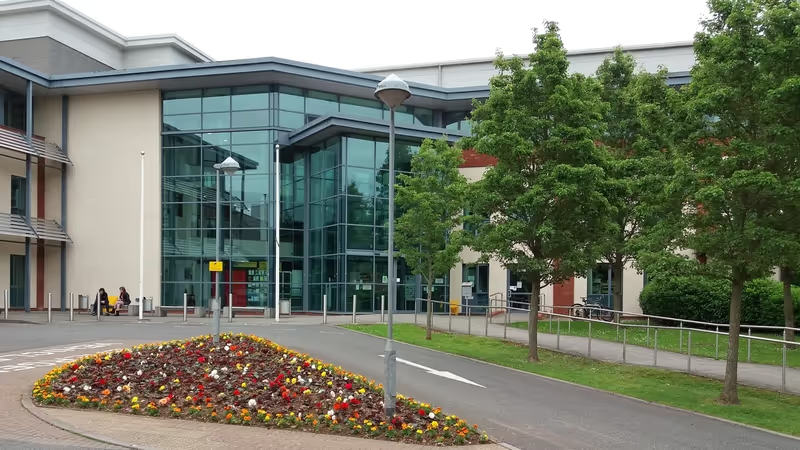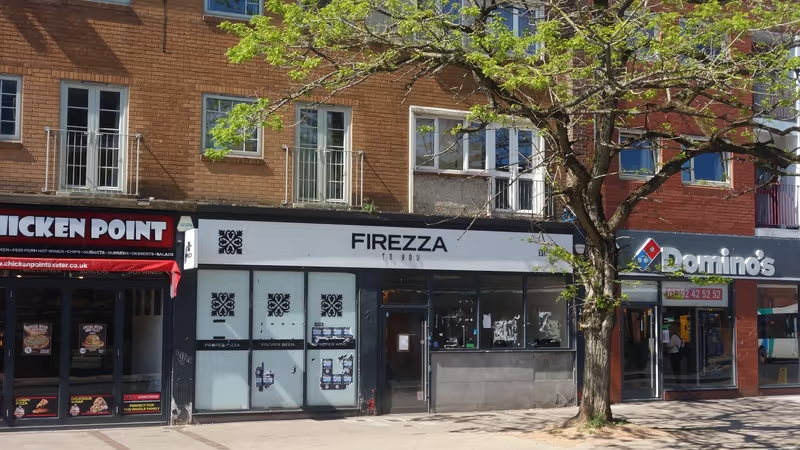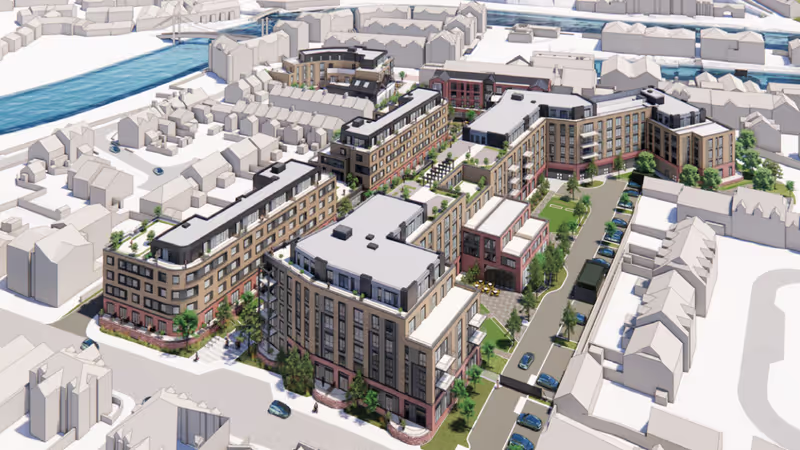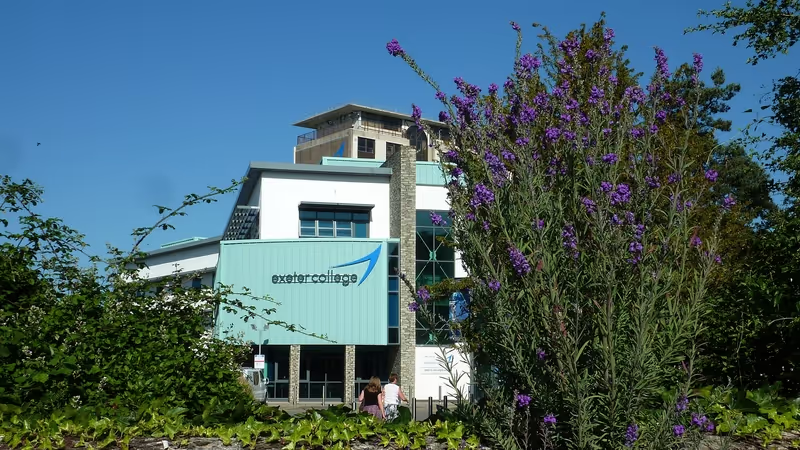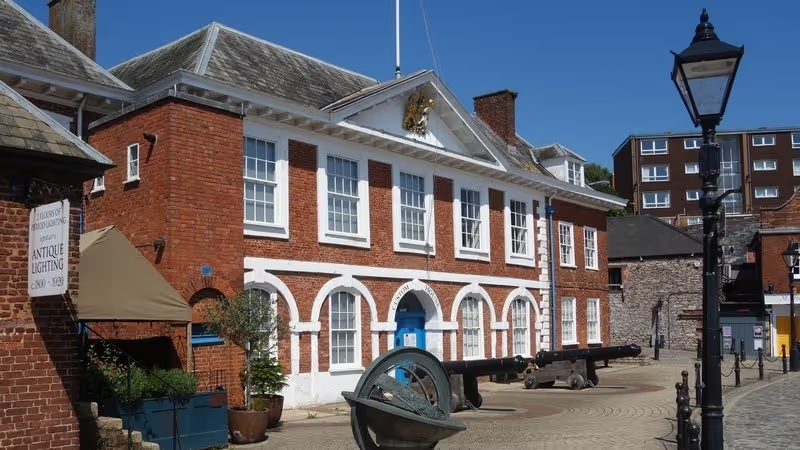City knowledge economy development critically depends on the presence of creative, technically-skilled young entrepreneurial talent which, whether locally-grown or graduating, is currently more likely to leave Exeter than stay.
Increasing the supply of low-cost, centrally-located accommodation would help improve retention rates while also attracting dynamic incomers who currently head elsewhere to start companies, join growth enterprises and stimulate cultural and night-time economies.
Exeter St James contains plenty of the kind of incrementally investable human-scale period housing stock with family home potential which appeals to these aspirational groups, and is often readily available in competing knowledge economy growth areas.
However, much of it is occupied on a part-time basis by university undergraduates, who have little incentive to get involved with the city’s economic development.
 Exeter St James period housing stock. Photo: Derek Harper.
Exeter St James period housing stock. Photo: Derek Harper.
New student accommodation is being built in the area despite a special planning policy intended to prevent the proportion of full-time residents falling any further. At the same time, the adjacent university campus offers plentiful staff car parking at negligible cost but significant city congestion impact.
Building student flats on campus land currently used for car parking and accordingly revising its staff travel strategy would strengthen the university’s credibility as a centre for environmental futures, provide needed additional income and help house the increasing numbers of overseas students it plans to attract in suitably study-integrated accommodation.
Meanwhile, many students living in St James possess street parking permits for vehicles whose presence prevents the essential connection of nearby arterial cycle routes with the city centre. Removal of street car parking permit eligibility at properties claiming full council tax exemption would free needed carriageway space for walking and cycling.
Constructive collaboration around these matters between university, city and county would create positive outcomes that would benefit all concerned. Gradually rescinding existing Article 4 area HMO licenses on expiration would create new housing supply of the right kind in the right place to support city centre knowledge economy development.
Important mobility changes would be enabled by enhancing Exeter’s cycling infrastructure, economic benefits would accrue to city centre businesses and council tax receipts would increase.
At the same time quality of life for the area’s year-round residents would improve as property occupation moved from transient to permanent and familiar problems with noise and waste management were reduced.
 Exeter St James in spatial context. Image: Exeter St James Forum.
Exeter St James in spatial context. Image: Exeter St James Forum.
Exeter St James is a short walk or bike ride away from the city’s emerging digital economy work hubs, as well as the many retail, leisure and culture providers who would benefit from increased numbers of full-time residents nearby.
The neighbourhood should be seen as a strategically important asset which can be leveraged for universal benefit without creating negative impact.
This progressive form of regeneration would be driven not by professional property developers but by newly settling residents, permanently embedding their investment in the city.
Change would take place incrementally, allowing the word to spread via peer networks and, crucially, would require no public investment.
The vision and courage it would instead require from local policy-makers should present a minor challenge compared with the major benefits this form of regeneration would bring.

